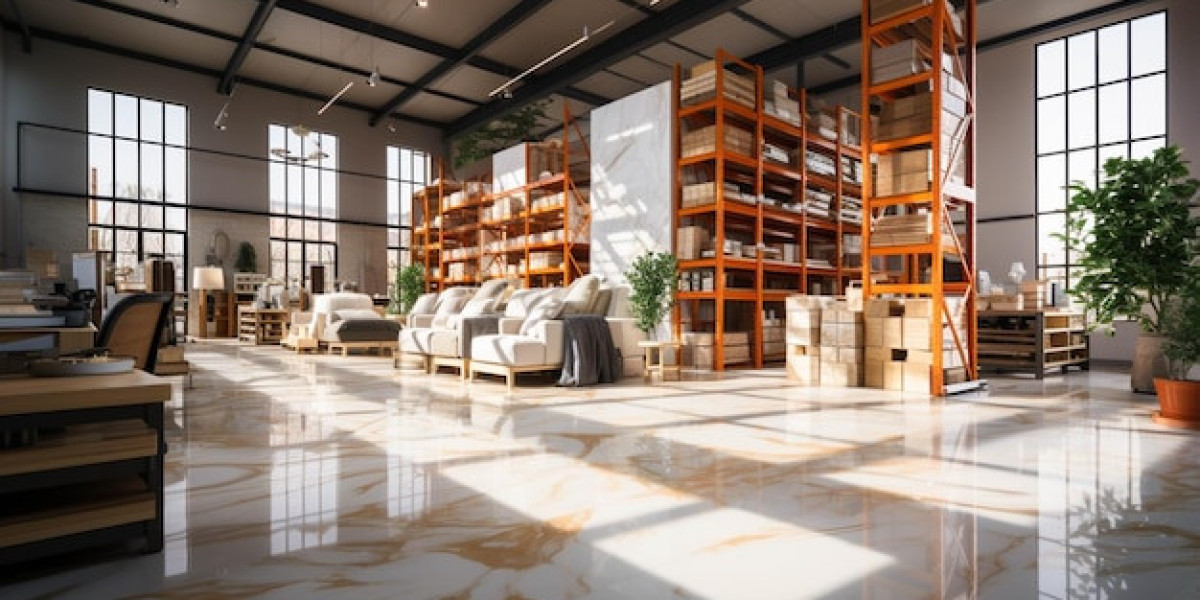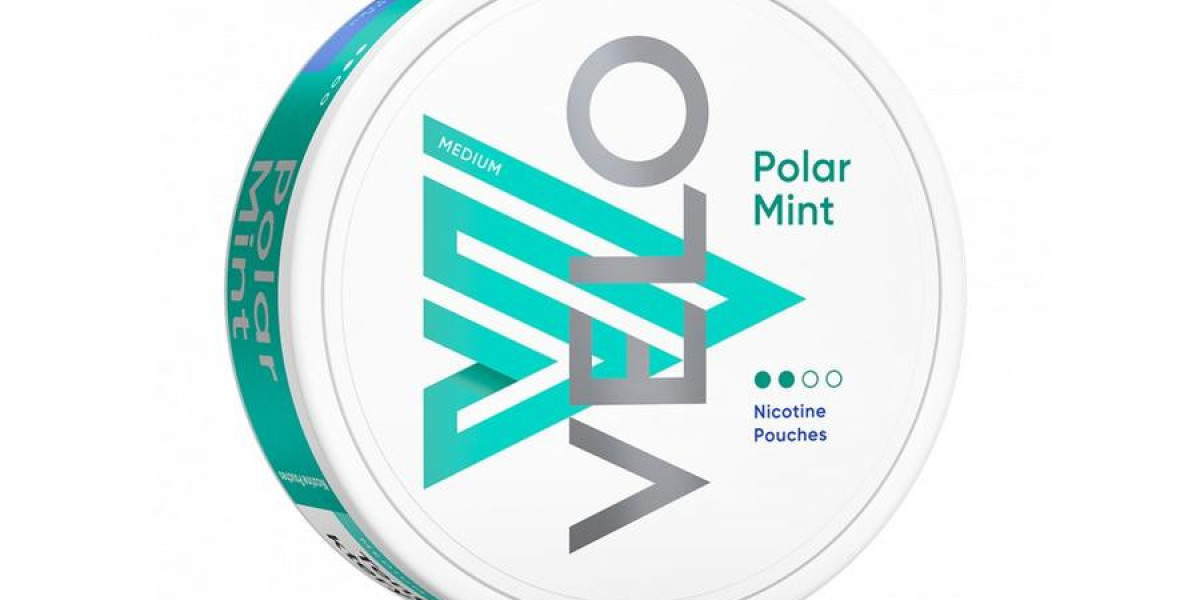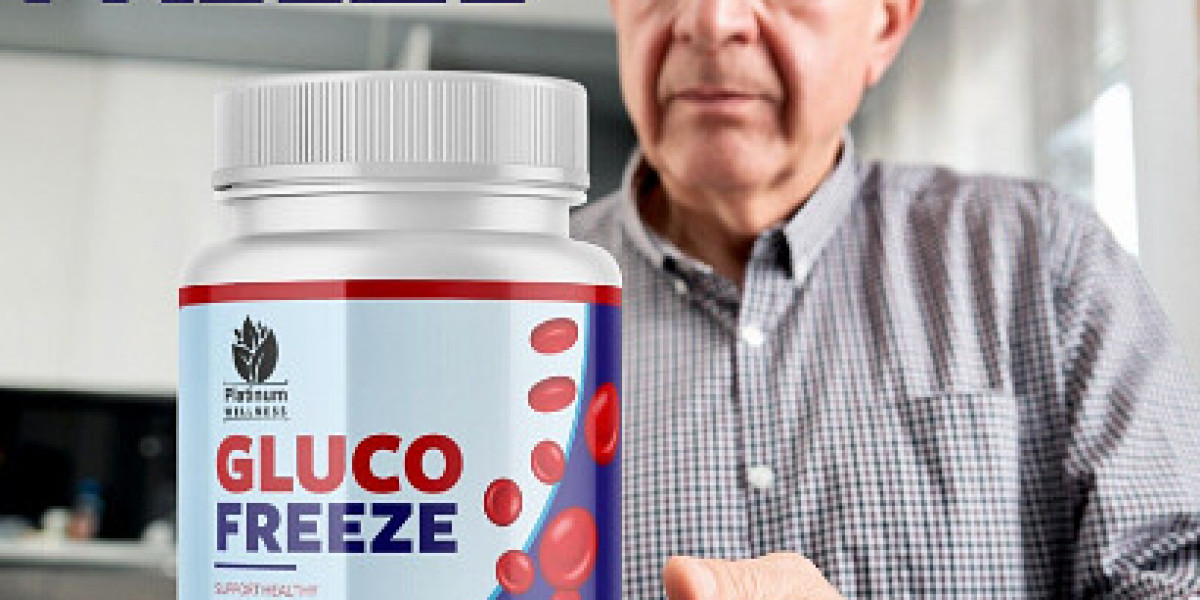In commercial kitchens, where efficiency, cleanliness, and safety are of the utmost importance, epoxy flooring has become the preferred choice for many restaurant owners and chefs. Epoxy flooring is durable, resistant to stains, and easy to clean, making it the ideal surface for a busy kitchen environment. However, to ensure that your commercial kitchen epoxy flooring remains in top condition, regular maintenance is key. In this article, we will discuss the best practices for maintaining epoxy flooring in commercial kitchens.
What is Epoxy Flooring?
Epoxy flooring is a type of resin flooring that is commonly used in commercial and industrial settings due to its durability and chemical resistance. It is made by mixing a resin with a hardener, which creates a tough and seamless surface that can withstand heavy foot traffic, spills, and stains. Epoxy flooring is available in a variety of colors and finishes, making it a versatile option for commercial kitchens.
Benefits of Epoxy Flooring in Commercial Kitchens
Durability: Epoxy flooring is highly durable and can withstand the wear and tear of a busy commercial kitchen.
Easy to Clean: The seamless surface of epoxy flooring makes it easy to clean and maintain, saving time and effort.
Chemical Resistance: Epoxy flooring is resistant to chemicals and stains, making it ideal for use in kitchens where spills are common.
Safety: Epoxy flooring can be customized with non-slip additives to improve safety in the kitchen environment.
Maintaining Your Epoxy Flooring
Proper maintenance is crucial to keeping your commercial kitchen epoxy flooring looking its best and performing well. Here are some tips to help you maintain your epoxy flooring:
Regular Cleaning: Sweep or vacuum the floor daily to remove dirt and debris. Mop the floor with a mild detergent and water to remove spills and stains.
Avoid Harsh Chemicals: Use gentle cleaning products that are safe for use on epoxy flooring. Avoid harsh chemicals that can damage the surface.
Protective Measures: Place mats at entrances and high-traffic areas to prevent dirt and moisture from damaging the floor.
Regular Inspections: Check your epoxy flooring regularly for any signs of damage or wear. Repair any cracks or chips promptly to prevent further damage.
Professional Maintenance: Schedule regular professional cleanings and maintenance to keep your epoxy flooring in top condition.
Conclusion
Maintaining epoxy flooring in commercial kitchens is essential to ensuring the longevity and performance of your floors. By following the tips outlined in this article, you can keep your epoxy flooring looking its best and functioning well for years to come. Remember to clean regularly, avoid harsh chemicals, use protective measures, inspect for damage, and invest in professional maintenance. With proper care, your epoxy flooring will continue to be a reliable and durable choice for your commercial kitchen.








